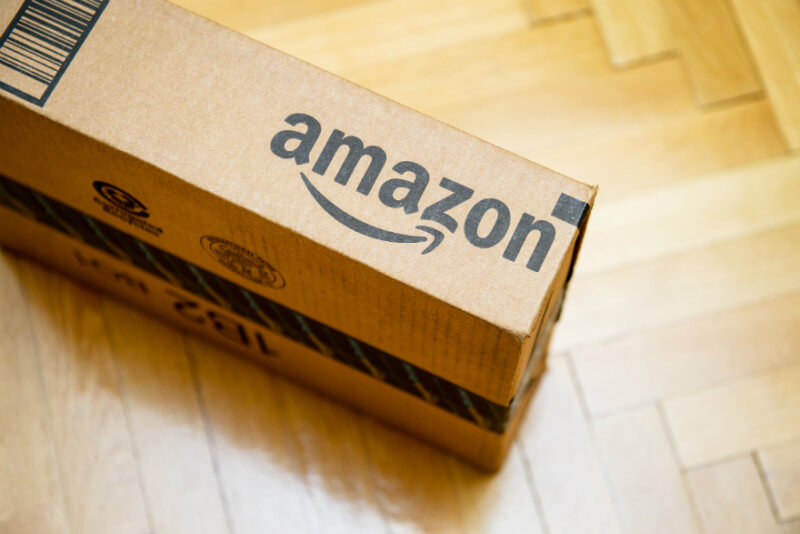New vendors will find a platform that allows them to sign up in minutes and have their product listings up on the site in even less time. With Amazon’s goal of attracting as much variety as possible to its marketplace, it’s understandable that the company would want to make it as simple as possible for anyone to begin listing things on the site. The decision to buy and sell on Amazon should not be made just based on the convenience of registration.
While Amazon continues to attract general merchandise resellers who sell the same products as many other companies, the long-term viability of such businesses is in doubt. Sellers may wind up working harder and harder each year to generate the same top-line sales, but potentially not the same bottom-line revenue, in a war of margins and trying to differentiate in a meaningful way.
Things to Think About Before Selling On Amazon
- Almost anyone may post things for sale on Amazon.
It’s not uncommon to find dozens, if not hundreds, of resellers providing the exact things on Amazon unless a business has strict distribution controls over its product. This overcrowding generates pricing competition, as well as temptations to ignore Minimum Advertised Pricing/Suggested Manufacturer’s Retail Pricing laws or divert low-margin products merely to make a profit from holding a specific brand.
- The company sets the rules of Amazon’s marketplace.
Amazon has the advantage of collecting vast amounts of customer search and purchase data, which it only shares with vendors in small quantities. Furthermore, when a client hits the “Add to Cart” button, Amazon Retail almost always wins the Buy Box, the system through which merchants competing on the same goods are rated to determine who gets the sale.
- Amazon Retail also has advanced pricing software to match prices that competitors have already cut. Amazon Retail is satisfied to make no money (or even lose money) on a sale; thus, it’s unlikely that a competing seller will get the deal or make any profit from it.
- “Fulfillment by Amazon” is something Amazon encourages its merchants to use (FBA) for the program for all third-party retailers.
Sellers deposit their products in Amazon’s network of fulfillment centers, and when a buyer puts an order, Amazon, rather than the seller, fulfills the purchase. You must ensure that distribution is secure.
Final thoughts
Jungle Scout provides a complete collection of tools for finding new niches and product ideas in general. You couldn’t ask for a better technique to find high-potential products. At first sight, the sheer number of alternatives may appear daunting. On the other hand, the filters make it incredibly simple to narrow down your results to products that best fit your plan. You can now save the filters from loading later for future product research instead of setting them every time.
Amazon makes it clear that securing distribution is solely the brand’s responsibility. Specifically, Amazon would rarely assist businesses in removing unlicensed resellers, allowing anyone to sell any goods on Amazon as long as it is a legitimate product that does not cause harm to Amazon customers.



